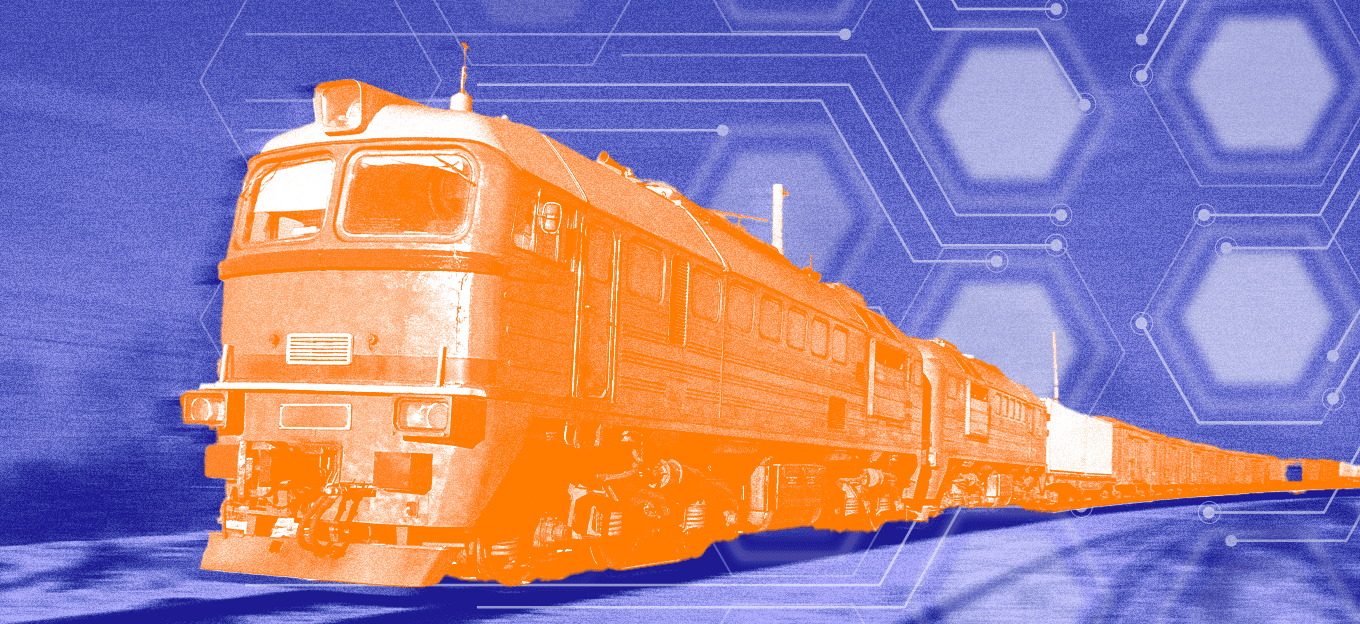The Growth of Mobility as a Service (MaaS) & the Role of IoT in Shared Mobility
The Growth of Mobility as a Service (MaaS) & the Role of IoT in Shared Mobility
- Last Updated: December 2, 2024
KORE
- Last Updated: December 2, 2024



Mobility as a Service (MaaS) is transforming how people access transportation by shifting the focus from private vehicle ownership to shared, on-demand mobility solutions. The integration of multiple transportation modes—like ride-hailing, car-sharing, bike-sharing, and public transit—into a seamless digital platform drives this paradigm shift. With the rise of urbanization, congestion, and environmental concerns, MaaS is becoming a cornerstone of smart cities and sustainable transportation.
Advancements in connectivity, data analytics, and real-time decision-making drive the growth of MaaS. These technologies allow users to plan, book, and pay for a variety of mobility services through a single interface, simplifying the travel experience. Reports expect the global MaaS market to reach $1698.14 billion by 2032, driven by urbanization, increasing smartphone penetration, and changing consumer preferences toward flexibility and sustainability.
IoT: The Backbone of Shared Mobility
The Internet of Things (IoT) plays a pivotal role in enabling MaaS by linking vehicles, users, and infrastructure in real time. IoT devices and sensors embedded in vehicles, public transportation systems, and even street infrastructure allow the exchange of data needed for efficient, safe, and connected transportation services.
Here’s how IoT drives the success of shared mobility:
- Real-Time Data Collection and Monitoring: IoT systems track vehicle usage, maintenance needs, and availability, ensuring that fleets remain functional and optimized. For example, data on traffic conditions, weather, and vehicle location helps operators ensure efficient routing, improving user experience.
- Improved Fleet Management: IoT-powered systems provide operators with critical insights into vehicle performance, fuel usage, and driver behavior, optimizing operational efficiency. This data helps fleet operators balance supply and demand, minimizing downtime and maximizing vehicle availability.
- Enhanced User Experience: For customers, IoT simplifies the booking process by offering real-time updates on vehicle availability, parking spaces, and estimated arrival times. Moreover, it integrates payment systems, reducing friction and enhancing customer satisfaction.
- Sustainability and Energy Efficiency: Connected vehicles, through IoT, help reduce emissions by promoting efficient driving, reducing idle times, and managing congestion in urban areas. For instance, sensors can monitor air quality and direct traffic flow to alleviate pollution hot spots.
CoMotion: A Pioneer in Shared Mobility
A notable example of IoT-driven MaaS innovation is CoMotion, a shared mobility platform that integrates various forms of transportation for businesses and users. CoMotion aims to create a more connected, accessible, and sustainable urban transportation ecosystem. In effect, by leveraging IoT, CoMotion ensures efficient fleet operations, optimizing routes and vehicle usage through data-driven insights.
CoMotion enables businesses to reduce transportation costs and improve employee mobility, offering features such as on-demand ride-sharing services, electric vehicle integration, and smart fleet management. By employing IoT technology, they provide their users with a seamless, efficient, and flexible mobility experience.
Through its use of IoT, CoMotion enhances vehicle management, ensuring that maintenance schedules are met, and vehicles remain in top condition for users. The platform collects real-time data from its fleets, analyzing it to predict demand, track performance, and improve overall service efficiency.
The Future of MaaS and IoT
As MaaS continues to grow, IoT will play an even more integral role in shaping the future of shared mobility. The introduction of 5G networks, advancements in autonomous vehicles, and further development of artificial intelligence will only enhance the capabilities of IoT in the transportation sector. These innovations will lead to smarter, greener, and more user-centric transportation systems, fostering a world where mobility is no longer limited by ownership but accessible to all through shared connected networks.
The Most Comprehensive IoT Newsletter for Enterprises
Showcasing the highest-quality content, resources, news, and insights from the world of the Internet of Things. Subscribe to remain informed and up-to-date.
New Podcast Episode

What is Software-Defined Connectivity?
Related Articles




